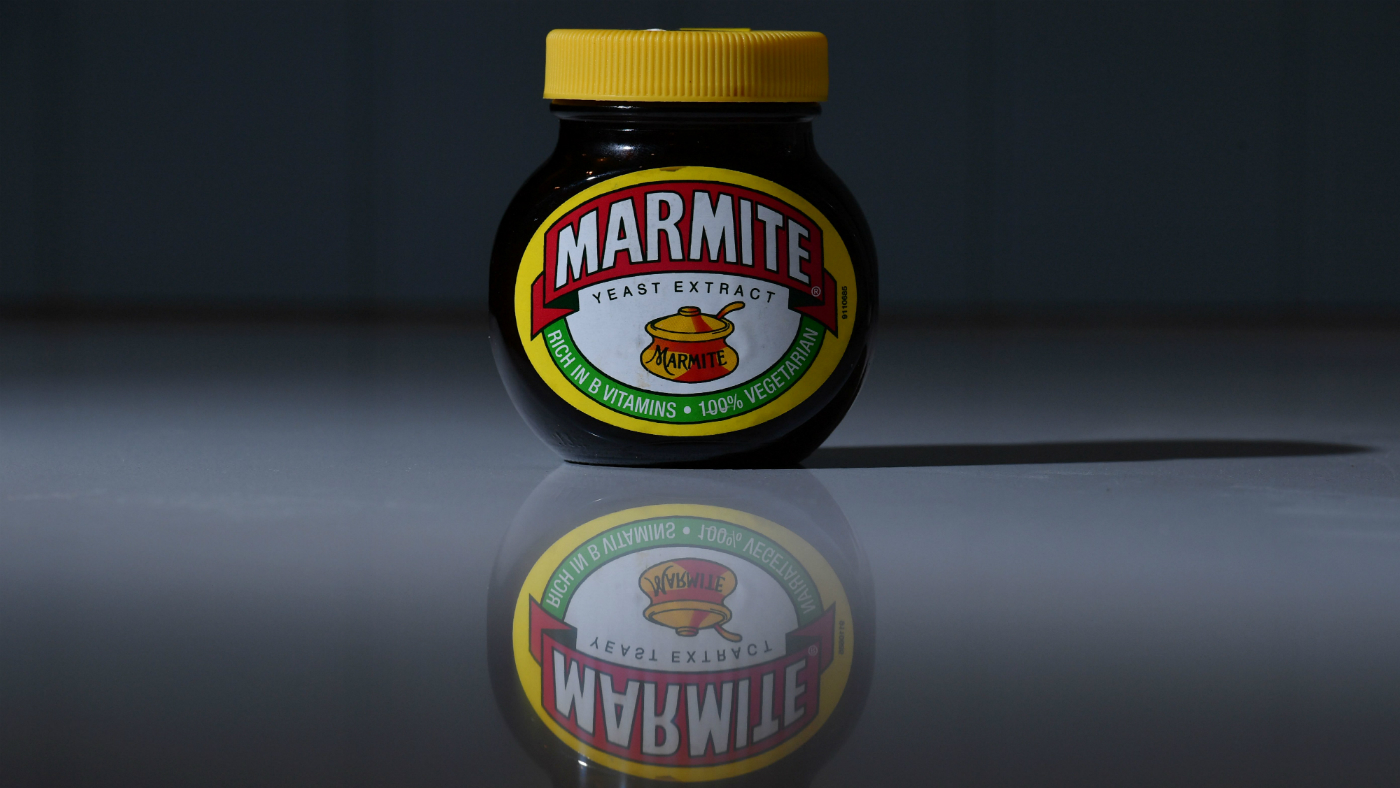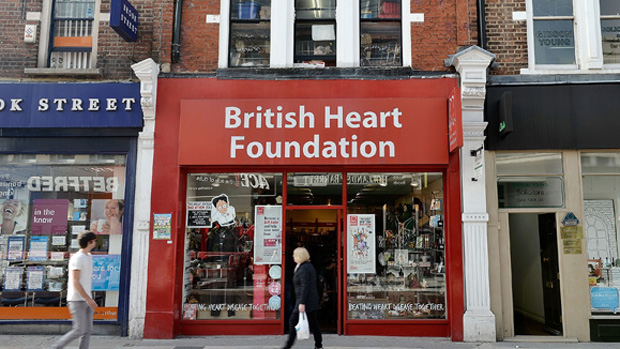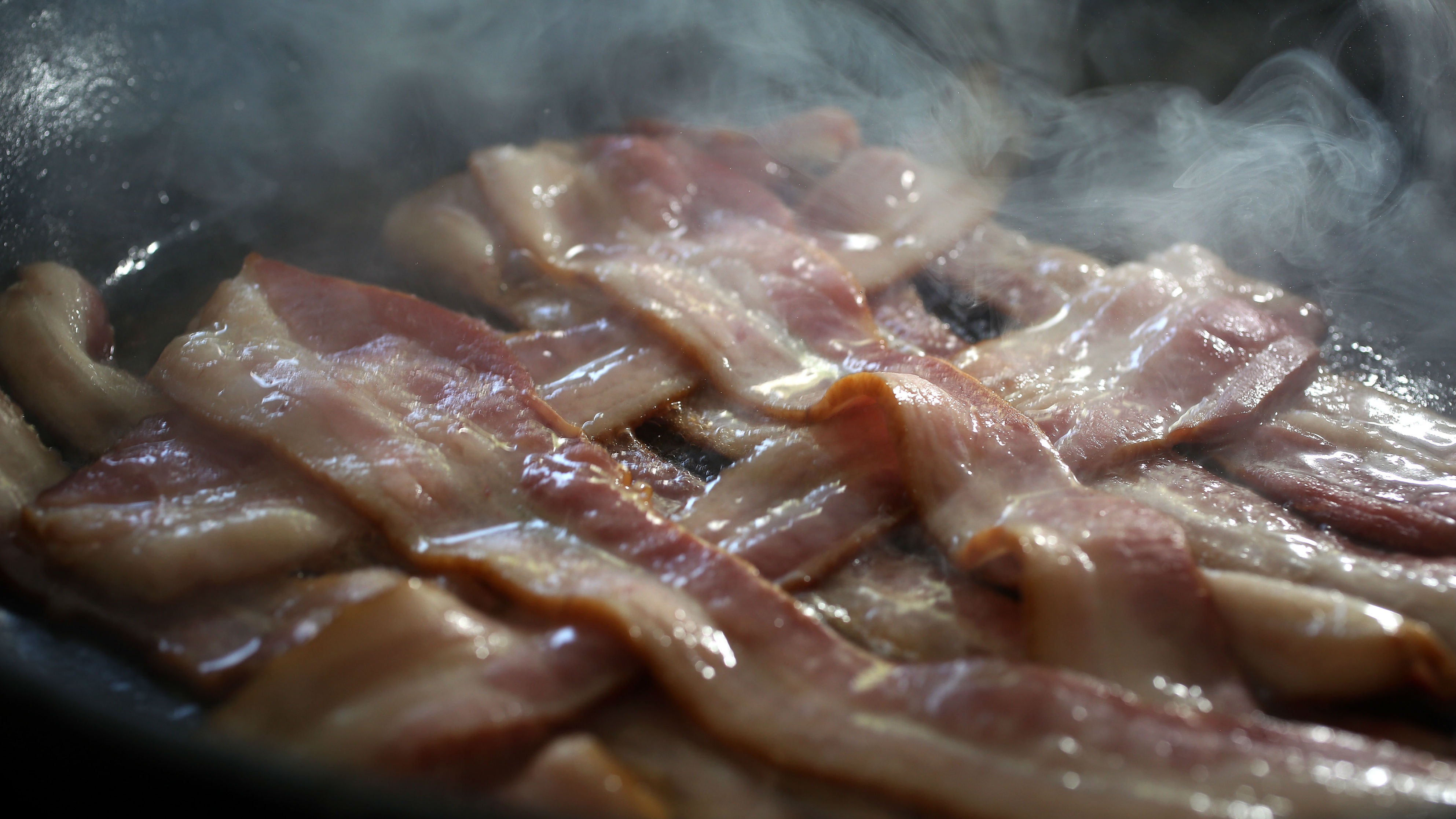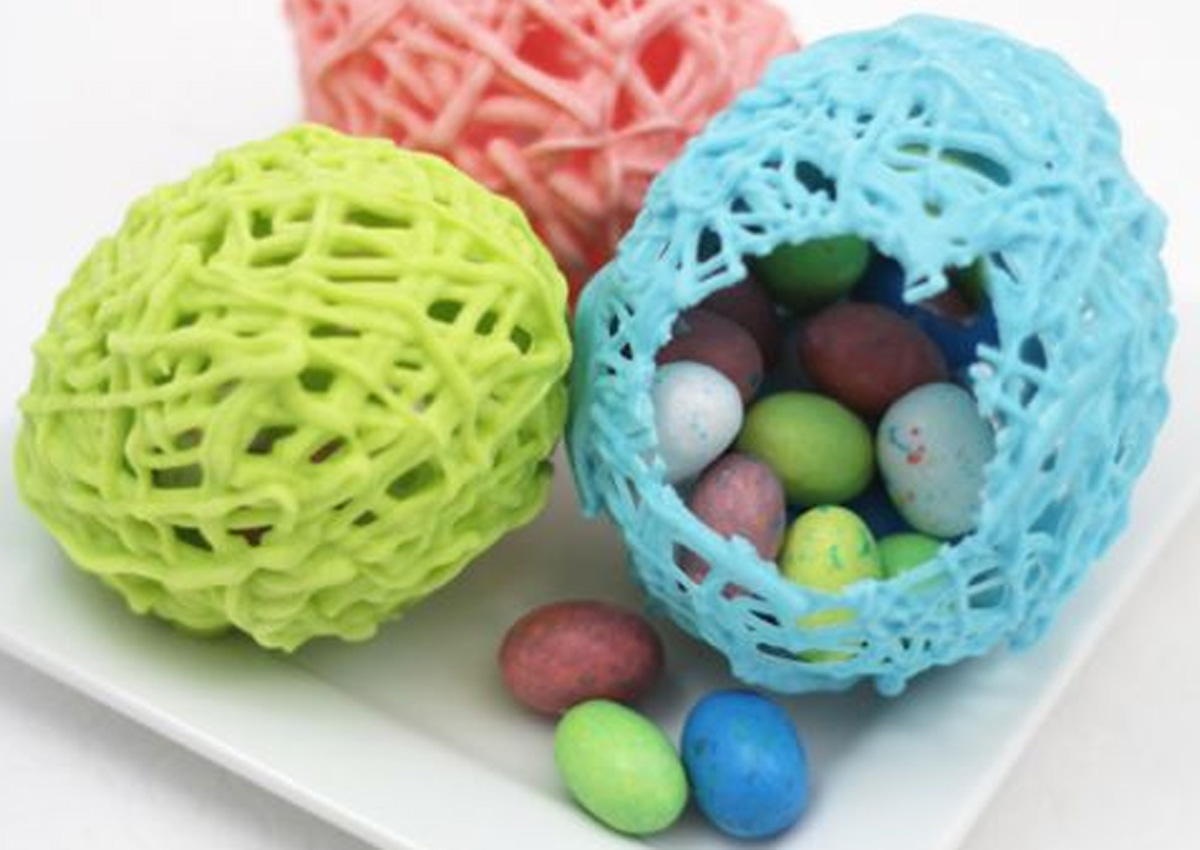Fact Check: The truth behind Marmite's brain-boosting properties
Papers say the spread could prevent dementia, but critics accuse the press of laying it on thick

A free daily email with the biggest news stories of the day – and the best features from TheWeek.com
You are now subscribed
Your newsletter sign-up was successful
Several newspapers have reported that Marmite could help stave off dementia, but are they giving the divisive breakfast spread more credit than it deserves?
What do the papers say?
"Marmite is a panacea on toast, apparently," The Daily Mail reports. The "little pot of magic" may boost brain power and protect people from dementia.
The Week
Escape your echo chamber. Get the facts behind the news, plus analysis from multiple perspectives.

Sign up for The Week's Free Newsletters
From our morning news briefing to a weekly Good News Newsletter, get the best of The Week delivered directly to your inbox.
From our morning news briefing to a weekly Good News Newsletter, get the best of The Week delivered directly to your inbox.
"For a humble yeast spread, there really is a lot to love – or hate – about it," the newspaper adds.
The Daily Telegraph and The Sun have also made the link to dementia. The Sun says that "chowing down on the sticky spread may protect against brain neurological disorders."
The newspapers are all citing a study conducted by researchers at York University, published earlier this week in the Journal of Psychopharmacology.
Sounds great – so what's the hitch?
A free daily email with the biggest news stories of the day – and the best features from TheWeek.com
As Buzzfeed News and the Daily Mirror point out, the study made no mention whatsoever of dementia. "No one really seems to know where the dementia link comes from," says Buzzfeed's science writer Tom Chivers.
Senior researcher Dr Daniel Baker is equally baffled. "We've said nothing about Alzheimer's or dementia in our press release or article," he says.
"We were incredibly deliberate and careful in not mentioning any specific diseases in the press release, precisely because we didn't want this to happen," he adds.
Several newspapers also inaccurately reported that the research was only carried out on men. In fact more than half of those involved in the trial were women.
So what exactly does the research show?
Researchers selected 28 healthy people in their twenties to take part in the study measuring Marmite's impact on brain activity.
The yeast extract contains vitamin B12 and glutamate, which scientists believe are needed for the brain to produce GABA, a neurotransmitter responsible for reducing the excitability of brain cells.
Low GABA levels have previously been associated with a higher risk of several neurological and mental health disorders, including anxiety and epilepsy.
Participants were divided into two groups. One group was required to eat a teaspoon of Marmite every day for a month, while the control group consumed the same amount of peanut butter daily.
Researchers used an electroencephalogram (EEG) to measure the brain's response to visual stimuli and found that the group that consumed Marmite showed lower levels of excitability and higher levels of GABA.
"The researchers suggest that boosting GABA levels through diet might contribute to treating epilepsy," says NHS Choices. "However, there's no clinical evidence to support this indication, never mind the media speculation about dementia."
What are the study's limitations?
The study's small size means that scientists need to see the results replicated in larger studies to be sure they are not down to chance, the NHS says. Further research is also required to determine which substance in Marmite might be responsible for the results.
The research was partially funded by the Leverhulme Trust, which is part of the global food giant Unilever that makes Marmite. This has raised questions about the independence of the study.
So who's right?
There is zero evidence that Marmite protects people from dementia.
The study found that the yeast extract may increase levels of a neurotransmitter associated with healthy brain function, but even that requires further investigation.
-
 Political cartoons for February 12
Political cartoons for February 12Cartoons Thursday's political cartoons include a Pam Bondi performance, Ghislaine Maxwell on tour, and ICE detention facilities
-
 Arcadia: Tom Stoppard’s ‘masterpiece’ makes a ‘triumphant’ return
Arcadia: Tom Stoppard’s ‘masterpiece’ makes a ‘triumphant’ returnThe Week Recommends Carrie Cracknell’s revival at the Old Vic ‘grips like a thriller’
-
 My Father’s Shadow: a ‘magically nimble’ film
My Father’s Shadow: a ‘magically nimble’ filmThe Week Recommends Akinola Davies Jr’s touching and ‘tender’ tale of two brothers in 1990s Nigeria
-
 Fact check: are US migrant detention centres really concentration camps?
Fact check: are US migrant detention centres really concentration camps?In Depth Congresswoman Alexandria Ocasio-Cortez stands by her controversial claim
-
 Fact check: how do charities spend your money?
Fact check: how do charities spend your money?In Depth The Week investigates what percentage of donations goes directly to those in need
-
 Fact Check: Are far-right groups the biggest US terror threat?
Fact Check: Are far-right groups the biggest US terror threat?In Depth In Depth: New Jersey senator claims white nationalists behind majority of attacks since 9/11
-
 Fact Check: Do terrorists exploit the US green card lottery?
Fact Check: Do terrorists exploit the US green card lottery?In Depth The US visa programme that has sparked Donald Trump’s ire
-
 Fact Check: Did UK’s ‘better educated’ vote Remain?
Fact Check: Did UK’s ‘better educated’ vote Remain?In Depth Labour MP’s linking of education levels to pro-EU votes sparks outrage
-
 Fact Check: The truth about NHS staff shortages
Fact Check: The truth about NHS staff shortagesIn Depth Is the health service facing an unprecedented workforce crisis? The Week looks at the figures
-
 Fact Check: The truth about saturated fat
Fact Check: The truth about saturated fatIn Depth The Week checks out a controversial report that claims saturated fats do not increase heart risk
-
 Fact Check: Is Easter a Christian or pagan festival?
Fact Check: Is Easter a Christian or pagan festival?In Depth Cadbury's and the National Trust have been accused of 'airbrushing faith' out of an egg hunt, but is the Church right to be so angry?